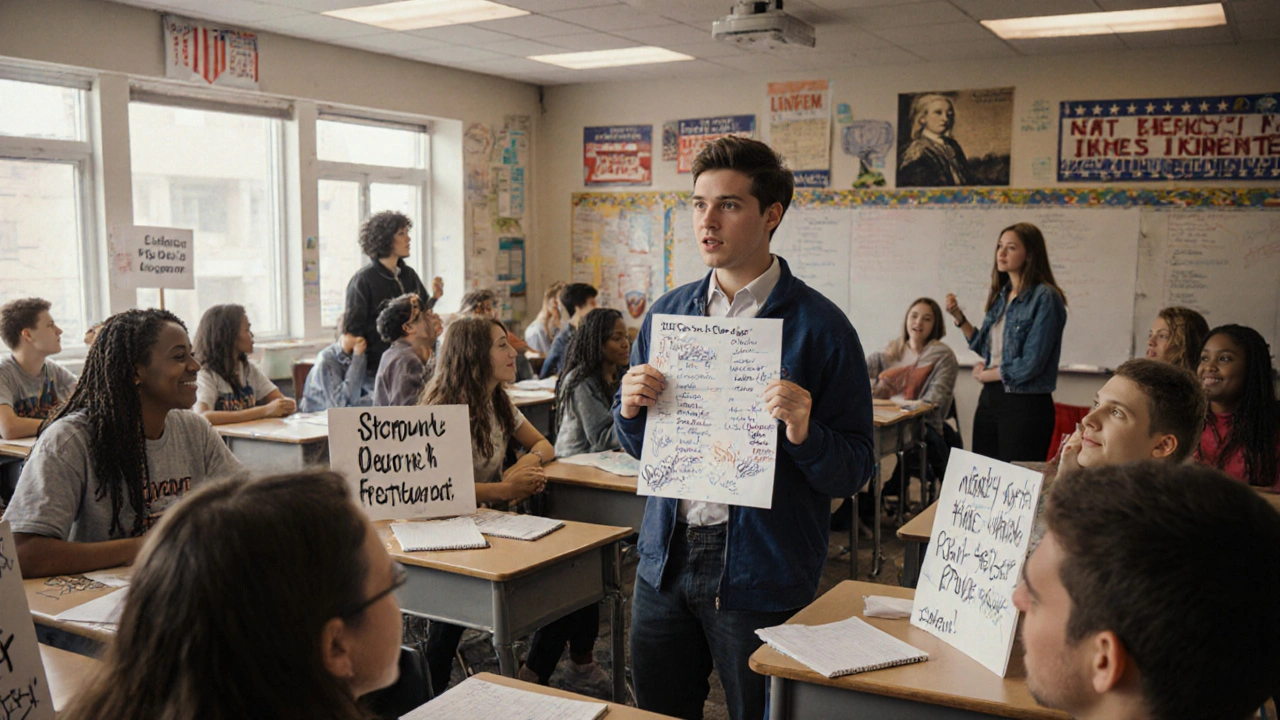Political Awareness in High School: Why It Matters and How Students Get Involved
When we talk about political awareness, the ability to understand how government works, who holds power, and how decisions affect everyday life. Also known as civic literacy, it’s not something you learn just in a civics class—it’s built through real experiences, conversations, and actions. Too many teens think politics is only about TV debates or protest signs, but it’s really about who gets to make rules, how schools are funded, and whether your voice matters when policies change.
Political awareness isn’t optional for students today. It’s tied directly to student activism, when young people organize around issues like mental health support, school safety, or climate policy. Look at the walkouts after mass shootings, the petitions for inclusive curricula, or the student-led push for better mental health resources—these aren’t just school projects. They’re political acts. And they work. Schools that ignore student input often end up changing because students refused to stay quiet.
It’s also connected to youth voting, the growing number of 16- and 17-year-olds who register to vote as soon as they can, even before they’re eligible. States like Maryland and Vermont now let 17-year-olds vote in primaries if they’ll be 18 by the general election. Why? Because teens who vote early stay engaged. They learn how to read ballot measures, track candidates’ records, and hold leaders accountable—not just once, but for life.
And it’s not just about voting or marching. Political awareness means knowing how your school budget gets decided, who sits on the school board, and how to speak up at meetings. It’s understanding that the fight for better lunch options or fairer dress codes is part of a bigger system. The same skills you use to argue for a longer lunch break—research, persuasion, organizing—are the same ones used in city council chambers.
What you’ll find below isn’t a list of theory or history lessons. It’s real stories from students who pushed back, changed rules, and learned how power actually moves. From backpacks that carry more than books to study hours that leave room for civic action, these posts show how high school isn’t just preparation for the real world—it’s where the real world starts.

High schools shape political awareness not through textbooks alone, but through real experiences like student government, debates, and voting drives. Students who engage in these activities are far more likely to vote and advocate for change later in life.
- Read More